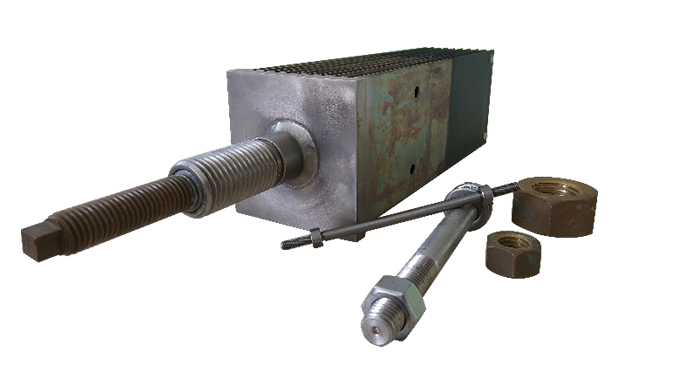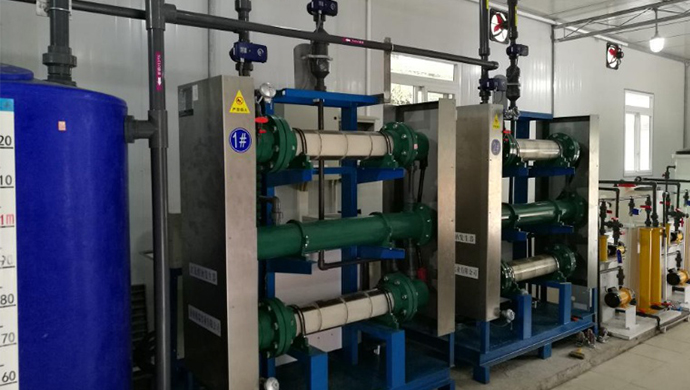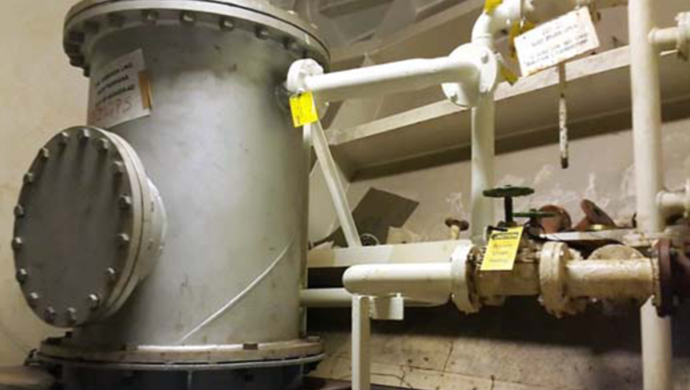Modern thermal power plants use about 30 m3 / s of cooling water per 1000 mw of capacity, while nuclear power plants use 45 m3 / s of cooling water. If seawater is used as cooling water, the fouling organisms contained in seawater, such as shellfish and algae, will lead to a large amount of fouling in the inlet, pipeline and condenser, and will form microbial fouling on the surface of the condenser pipeline and heat exchanger. These biological fouling can lead to mechanical damage or reduce heat exchange efficiency, especially to the power industry will bring huge losses. In nuclear power plants, biofouling can even be a safety hazard.
Electrolysis of
seawater electrochlorination is a safe and effective antifouling measure, which has been widely used in the biological antifouling systems of coastal thermal power plants, nuclear power plants and ships. Natural seawater contains a large amount of salt, the main component of which is sodium chloride (NaCl). In general, the chloride ion content in sea water is about 15 ~ 19 g/L. Electrolysis seawater antifouling is in the non-diaphragm electrolysis cell, the use of special electrode electrolysis seawater to produce effective chlorine (including HCIO, ClO I, Cl2), these effective chlorine is a strong oxidant, can kill the larvae or spores of Marine organisms, to prevent the attachment and growth of Marine organisms. The large-scale antifouling system of electrolytic seawater electrochlorination in coastal power plants and coastal factories is mainly composed of three parts: seawater electrolytic cell group, power distribution equipment and seawater transportation. Among them, seawater electrolyzer group is the most critical technology.
The main factor limiting the development of electrolytic cell technology is anode material. It must have lower chlorine evolution potential and higher oxygen evolution potential, as well as longer service life and higher electrolytic efficiency. The anode material in the seawater electrolysis chlorine antifouling device has an important influence on its performance and directly affects the customer's operation cost.













